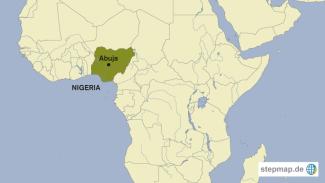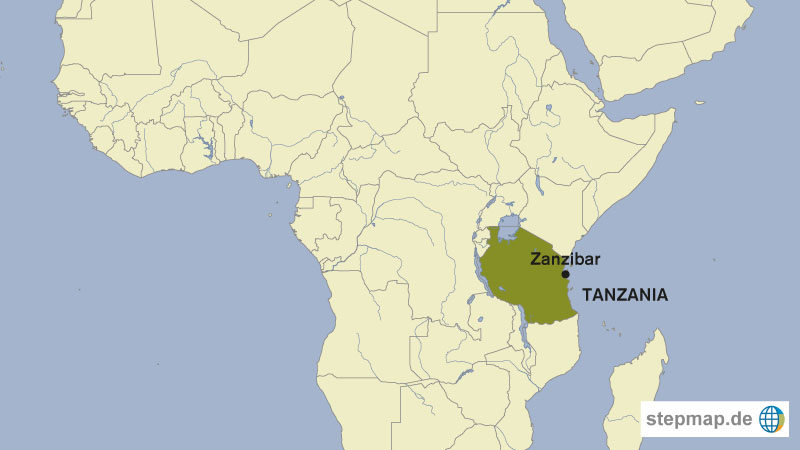Agriculture
Increasingly expensive kola nut

The botanical names of the kola nut are cola nitida and cola accuminata. Both crops have great cultural relevance, particularly to people in eastern Nigeria. Kola nut is used to offer prayers to God. A popular belief says that “who brings kola nut brings life.”
The kola nut is a symbol of hospitality. People “apologise greatly if you have no kola nut to give to a visitor in your house,” reports Chief Obibuenyi M.O. Muoedu. He adds that women do not break kola nuts when men are present. “It is a big offence to do so.” Some soothsayers and traditional healers pray with the kola nut, break it and predict the future from the pieces.
Kola nuts are part of most spiritual gatherings; even Christian pastors pray over the seeds to start a ceremony. “Had Jesus come to eastern Nigeria, he would have used kola nut and palm wine in place of bread and wine during his last supper.” According to the International Journal of Science and Nature, kola nuts have been an “item of domestic and trans-Saharan trade for over eight centuries”.
Lately, the kola nut price has been rising fast in Nigeria. It currently costs five times more than one year ago. Retailers claim the high price is due to poor harvests because of climate change. Pests may also be a reason. These days, many people cannot afford kola nuts and only buy this seed for weddings, funerals and traditional ceremonies.
The kola nut is an international trade commodity. According to the Integrated Kolanut Producers, Marketers and Exporters Association of Nigeria (IKPMEAN), Nigeria accounts for 70 % of world output. The statistics are poor however. The UN Food and Agriculture Organisation (FAO) assumes that two thirds of the West African production stays in this world region. Export demand, however, can reduce the kola-nut supply in West Africa.
As the demand for this commodity is increasing, adequate research is necessary. The International Institute of Tropical Agriculture (IITA) based in Ibadan, Nigeria, studies local crops, including kola nuts. More institutes should be established in the tropics to ensure adequate supply of traditional crops.
Muoedu Emmanuel Uzondu is a soil scientist and agriculturist based in Nkpor/Anambra State, Nigeria.
emmamuo5@hotmail.com
Link
International Institute of Tropical Agriculture (IITA), Nigeria:
http://www.iita.org











